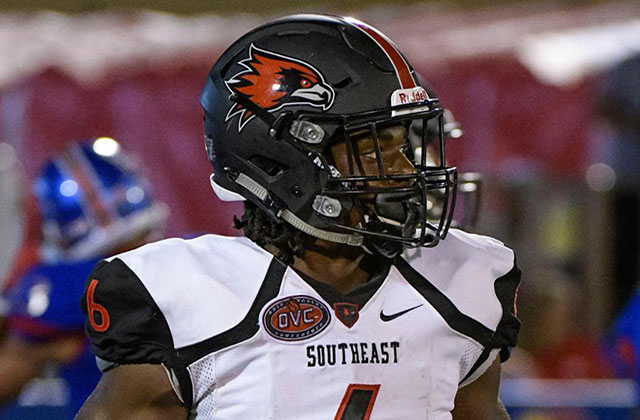In a field where the majority of athletes are people of color, the debate over whether college sports players should reap financial benefit from their work is now over. The governing board of the National Collegiate Athletic Association (NCAA), which includes 1,117 universities and colleges, announced on Tuesday (October 29) that students now have that right to collect checks. The unanimous vote will “permit students participating in athletics the opportunity to benefit from the use of their name, image and likeness in a manner consistent with the collegiate model,” the NCAA said in a statement.
The teams are predominantly held down by people of color, according to the NCAA’s Demographics Database, which covers 2008 through 2018. This change in policy will benefit men’s football (38,547 players of color compared to 34,197 Whites), men’s basketball (10,465 ballers of color, versus 7,303 Whites) and women’s basketball (7,381 players of color, versus 8,506 Whites).
“We must embrace change to provide the best possible experience for college athletes,” said Michael V. Drake, chair of the NCAA board and president of The Ohio State University. “Additional flexibility in this area can and must continue to support college sports as a part of higher education. This modernization for the future is a natural extension of the numerous steps NCAA members have taken in recent years to improve support for student-athletes, including full cost of attendance and guaranteed scholarships.”
Players can thank California for leading the charge. On September 30, Governor Gavin Newsom signed the Fair Play to Pay Act, with LeBron James in tow, and made his state the first to allow student athletes to be compensated. “Colleges reap billions from student athletes, but block them from earning a single dollar,” Newsom tweeted. “That’s a bankrupt model.”
With the new NCAA rules, budding pro stars are now free to collect endorsements from outsiders, but will not be beholden financially to their schools, which are forbidden from tying students’ academic purse strings to their sport. The change goes into effect immediately.
